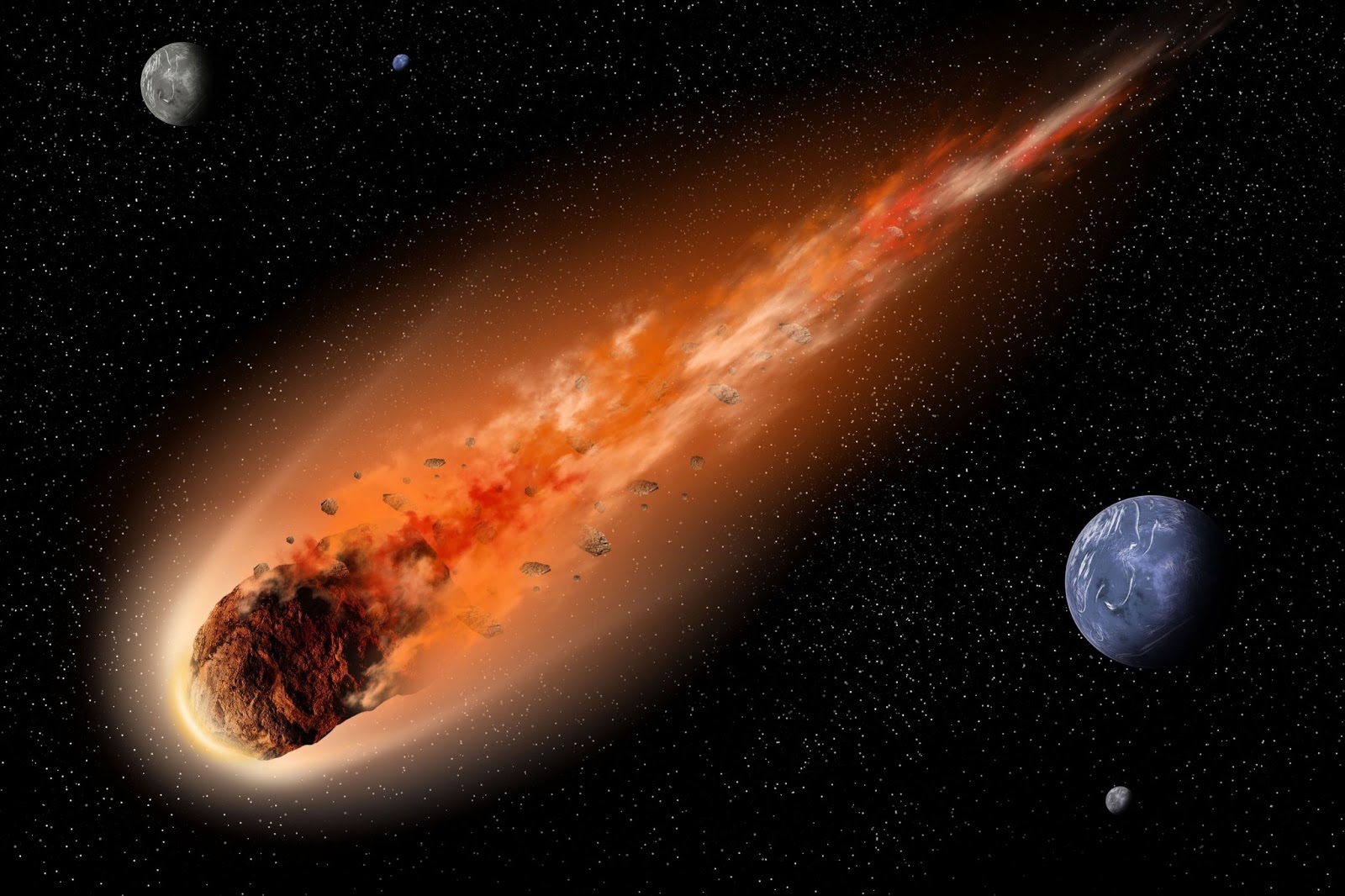
地球人如何防御小行星撞击?
<a href="../201812/t20181229_903800.html">2017年的日全食激发了大众的科学热情</a>(科学60S)
0:00/0:00
最新发布时间:
2014-12-20
Astronaut Sounds Alarm about Asteroids
地球人如何防御小行星撞击?
At a symposium on the danger of asteroid impacts, Apollo astronaut Rusty Schweickart said it's time for the planet to develop a strategy should a big rock come our way.
在一次关于“小行星撞地球”的研讨会上,阿波罗号宇航员拉塞尔•施威卡特(Rusty Schweickart)向地球人呼吁:是时候制定策略,对付危险的天外飞星了!
撰文/播音 克拉拉•莫斯克维兹(Clara Moskowitz )
翻译 李轩
If a big asteroid with Earth’s name on it were to reach us unimpeded, well, we could go the way of the dinosaurs. So a group of astronauts is advising the U.N. on a plan to protect the planet.
如果没有任何拦截措施,当一颗小行星径直撞向地球,我们恐怕只能重蹈恐龙的覆辙了。所以一些宇航员向联合国建议,建立一个保卫地球的“行星防御计划”。
“This is taking responsibility for the survival of life on planet Earth.”
“这关系到整个地球生命的生死存亡。”
Apollo astronaut Rusty Schweickart on October 25th, at a discussion of the issue at New York’s American Museum of Natural History, its dinosaur skeletons a reminder of the danger of being unprepared.
去年10月25日,阿波罗号宇航员拉塞尔•施威卡特在纽约自然历史博物馆举行的一次相关会议中提到了博物馆中的恐龙骨架——这就是毫无防备的后果啊!
The General Assembly approved a preliminary set of asteroid defense measures. For example, a system for nations to share info about incoming space rocks. And a coordinated mission to deflect any asteroids found to be on a collision course with Earth.
联合国大会批准了一套行星防御的初步措施,例如建立一个关于飞向地球的流星体的全球共享情报系统,以及各国协同工作,使可能撞击地球的小行星转变飞行方向。
“The biggest problem right now institutionally is…no government in the world today has explicitly assigned the responsibility for planetary deflection to any of its agencies.”
“目前最大的困难在于,全世界还没有哪个政府有机构专门负责行星防御。”
“NASA does not have an explicit responsibility to deflect an asteroid, nor does any other space agency.”
“NASA(美国国家航天局)的职能里并没有‘让小行星转向’这一条,其他任何航天机构也都没有这项职能。”
The Earth’s nations must work together to combat this extraterrestrial threat. Because when it comes to space rocks, they are definitely out there.
只有当地球上的国家联合起来,才能抵御天外飞来的威胁——因为无论地球有没有防御功能,小行星就在那里。
查看更多
©2011- 版权所有:中国数字科技馆
未经书面许可任何人不得复制或镜像
京ICP备11000850号-1 京公网安备11010502039775号
京公网安备11010502039775号
信息网络传播视听节目许可证0111611号
国家科技基础条件平台
未经书面许可任何人不得复制或镜像
京ICP备11000850号-1
 京公网安备11010502039775号
京公网安备11010502039775号 信息网络传播视听节目许可证0111611号
国家科技基础条件平台

















